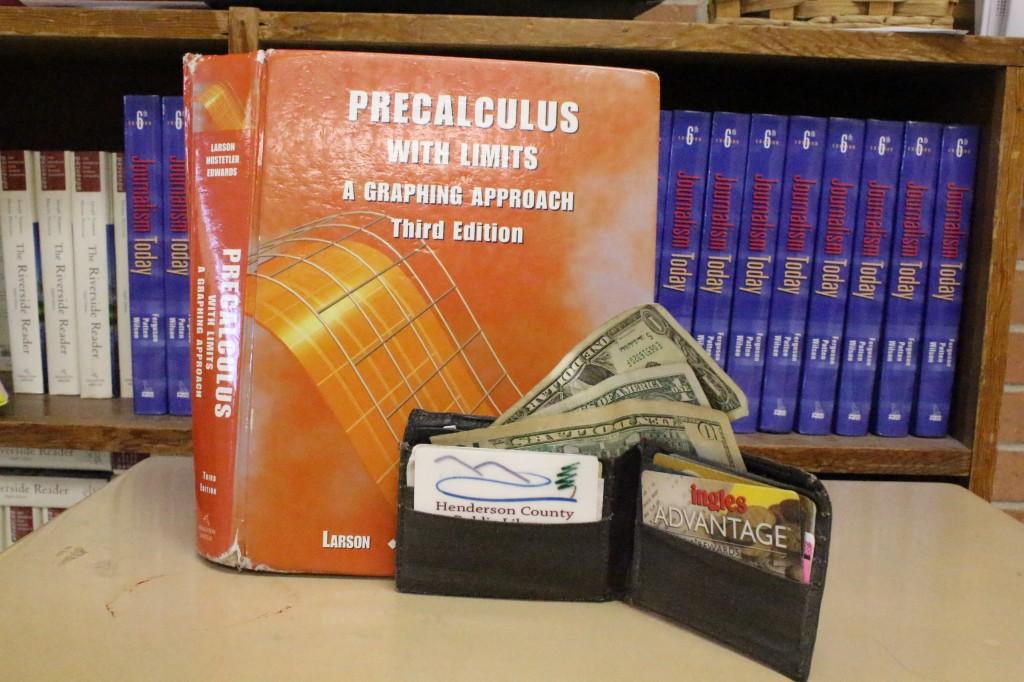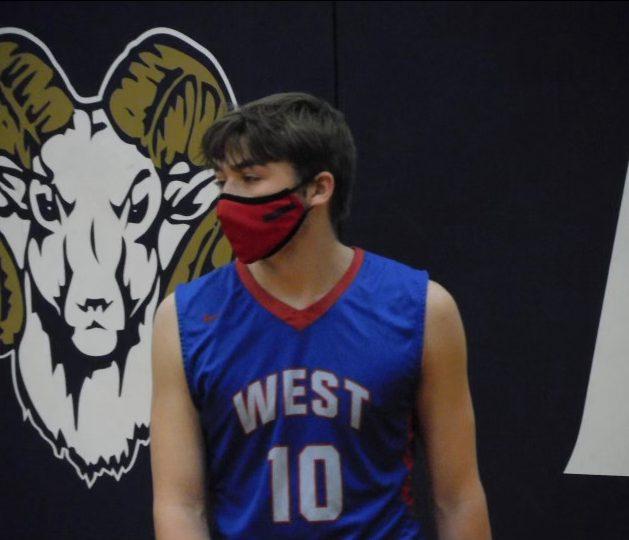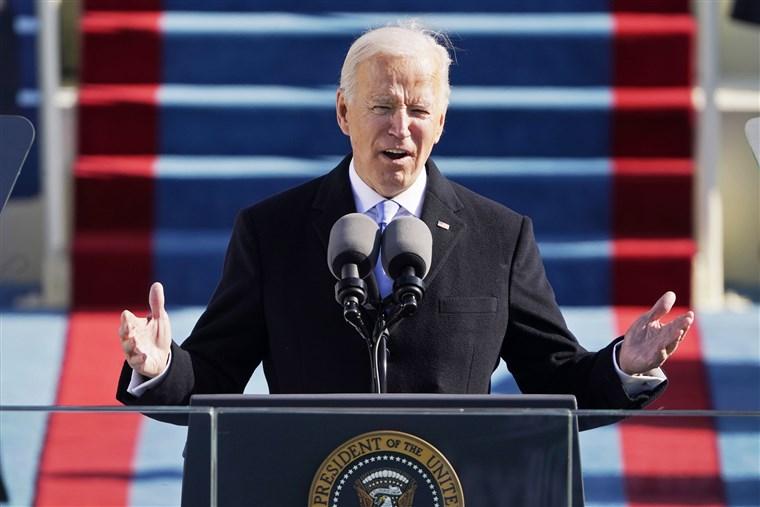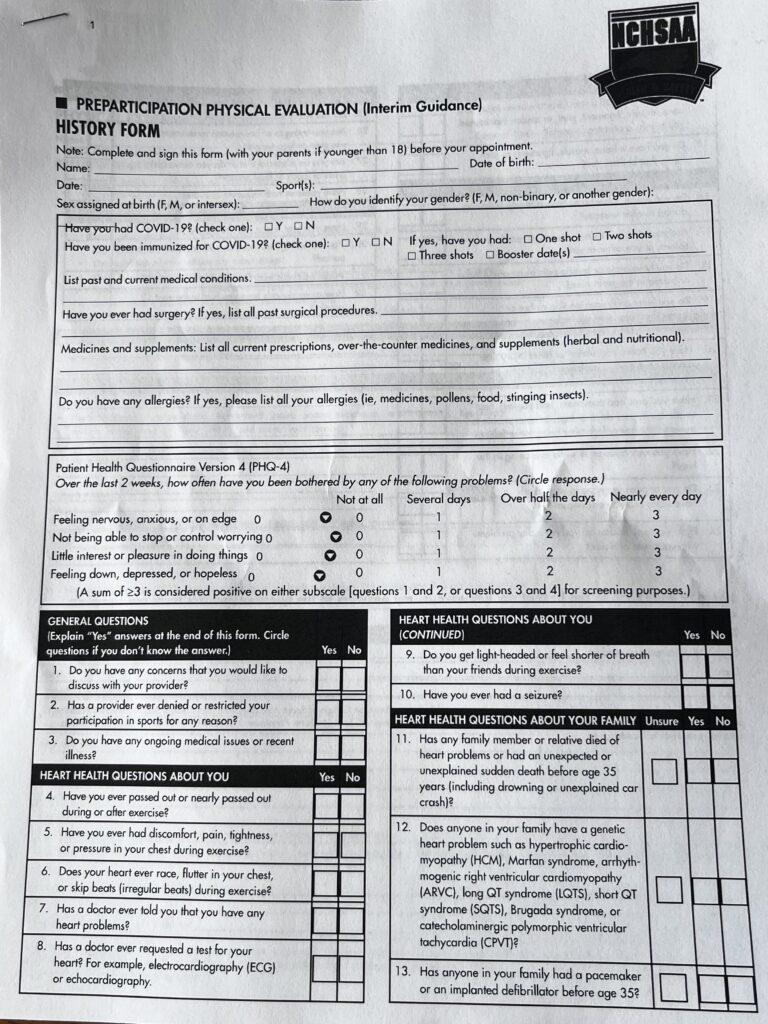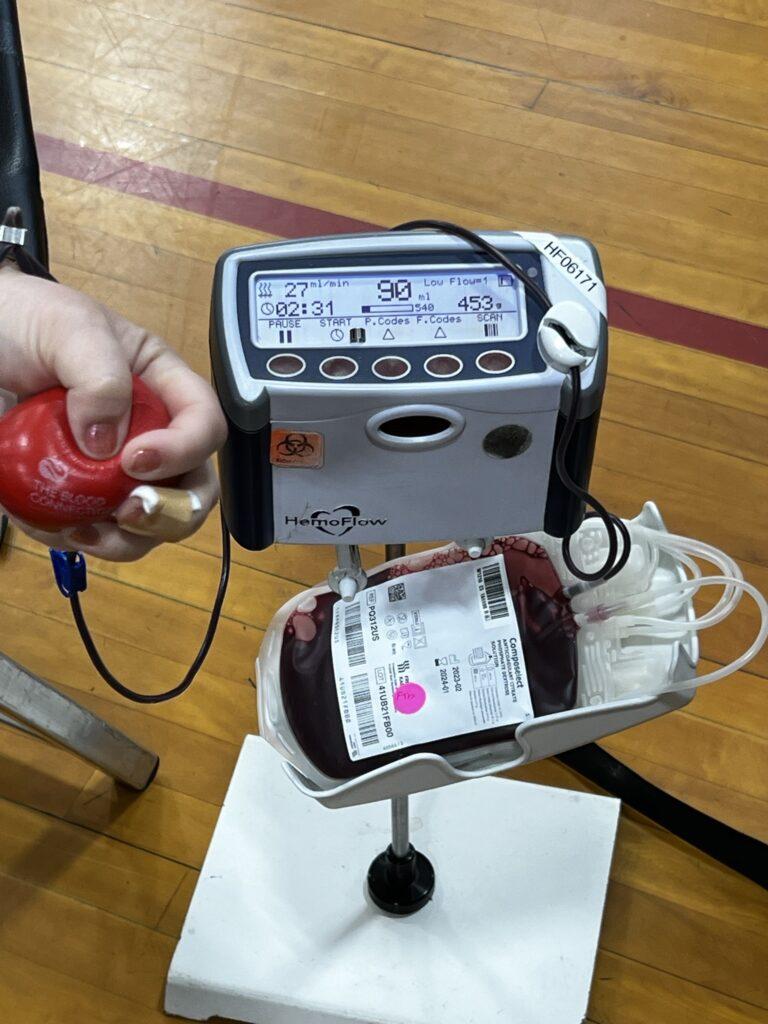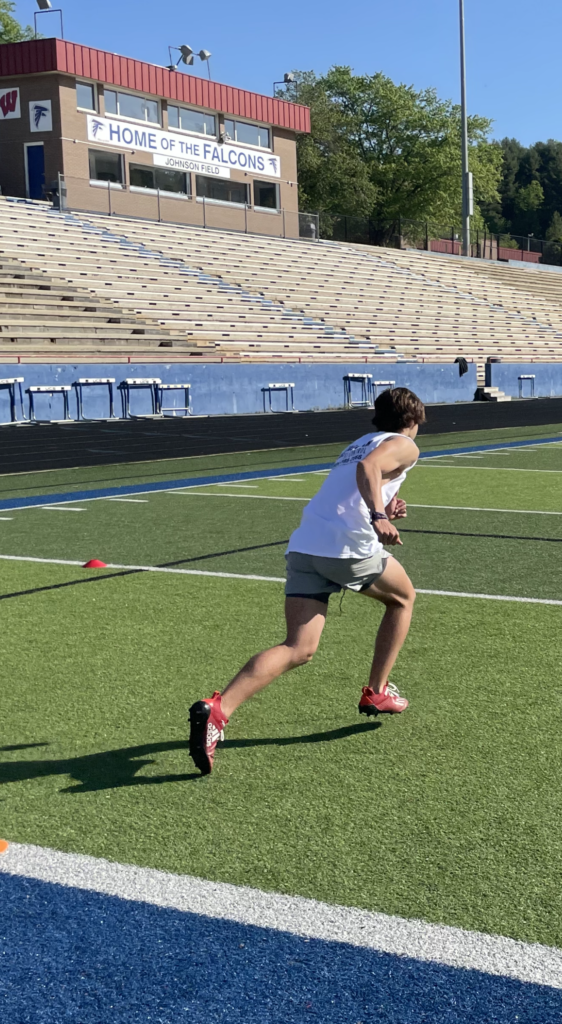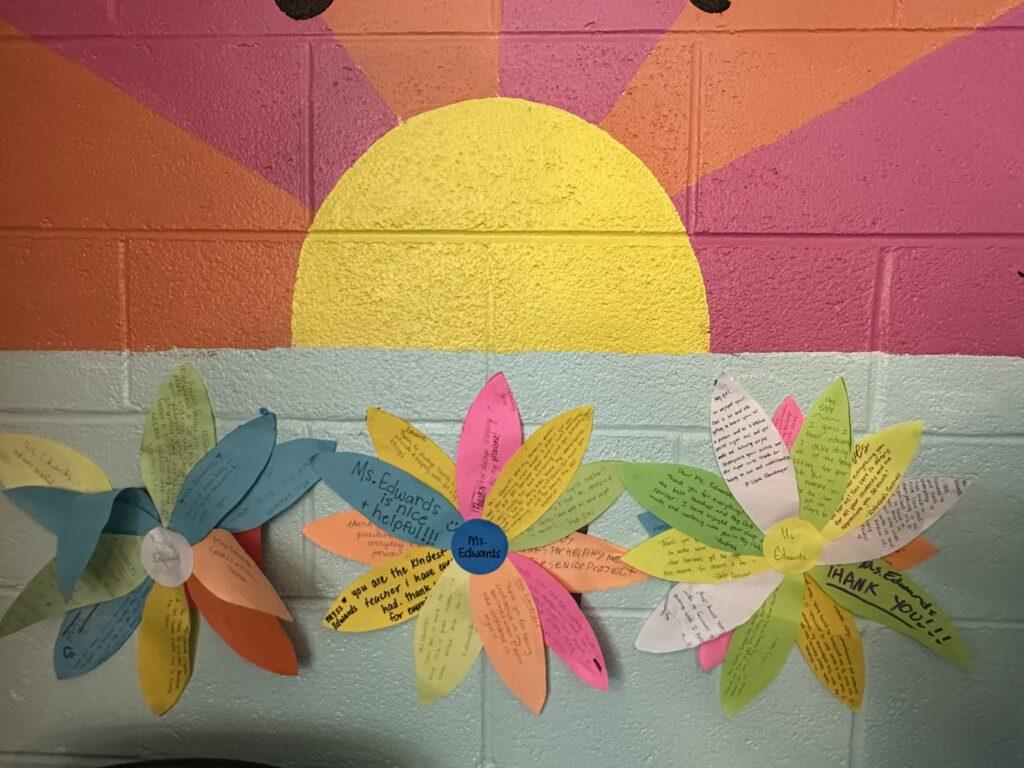Hands trembling, junior Marianne Hoppe nervously concocted blood pressure medication for a six-month-old using a mortar and pestle. The lights above hummed as the owner of Etowah Pharmacy closely observed the work of his young employee. After acquiring the position in August 2011, Hoppe soon concluded that she wanted to take the after-school job a step further by pursuing pharmaceutical science in college.
“I realized that pharmacy was what I wanted to do as a career when the pharmacist let me make my first compound. I realized that I could be the one actually making a medicine that will directly benefit another person,” Hoppe said. “It sounds cliché, but I knew I wanted to have a job that gave my life some sort of meaning by helping other people. I am very lucky to actually have a job that gives me a head start at what I’m looking into doing as an occupation.”
Though some are critical of after-school jobs, employment provides experience that assists students in conceptualizing future decisions, as evidenced in Hoppe’s case. According to www.bookofodds.com, with the average college student changing his or her major three times in the course of a college career, it is apparent that uncertainty plagues many young adults. Once a major is actually selected, this indecisiveness can force many students into extending their stay at a university in an attempt to complete course requirements, internships and seminars. Some financial aid expires once a specific number of terms are exceeded, making it crucial to decide on a program of study in order to avoid economic and time limitations.
Additionally, after-school employment can aid students in actually getting into preferred colleges or universities. Admissions officers are not only looking for class rank and academic averages, but for a well-rounded student who maintains a productive balance between school, work and extracurricular activities. According to The New York Times, though public universities accept two out of every three applicants on average, in increasingly competitive education institutions the chances are not so favorable for the applicant. Therefore, including information concerning part-time or full-time employment at a job in a field of interest could set the student apart.
According to The Washington Post, two out of every three students applying to Harvard University must attend an interview. As communication becomes increasingly imperative to the success of young adults, technology is allowing younger generations to rely on casual language involving single-sentence thoughts not conducive to face-to-face communication.
This lack of professional conduct correlates to a recent press release from the National Association of College and Employers in which employers surveyed commented that they were “somewhat satisfied” with the verbal communication skills of new college graduates. To bypass this problem, Marie Schwartz, writer for Teenlife, suggests that students focus on summer or after-school jobs to perfect such skills and therefore improve chances for later success in the workforce.
By Lauren Stepp

